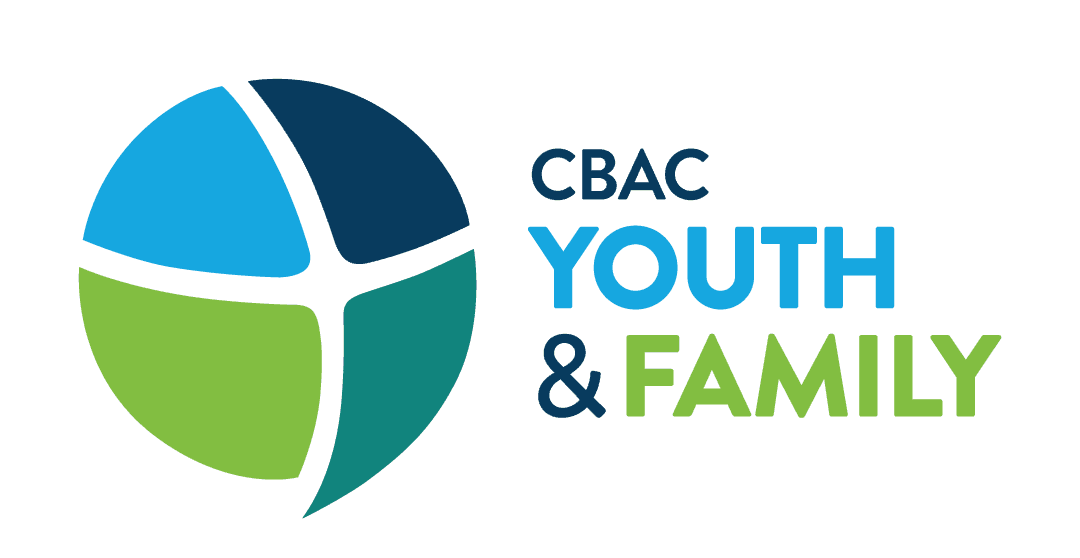Earlier this week our Executive Minister Dr. Peter Reid put out a message on our website, email, and social media platforms, highlighting some important postures and actions that churches and individuals can take in light of the COVID-19 virus. We would encourage you, if you have not already done so to review this message.
In addition to this resource, we wanted to share practical examples of what some of our congregations are doing to help navigate the COVID-19 virus in their context. This is not an exhaustive list, but below are two examples of proactive policies/plans specific to COVID-19. We would encourage congregations and youth groups to develop a ‘policy/plan’ to help mitigate the spreading of COVID-19, which in turn can help ease concerns, and put less stress on our healthcare system. As a Youth and Family Department we are reviewing our upcoming larger events (NEXT, ONE Conference) and are actively engaging in this process ourselves.
Example policies/plans:
Next Generation Policy, New Minas Baptist Church, NS: http://www.nmbc.ca/nextgen-wellness
General Worship Policy, EBC: The Meeting Place, NS: http://ebcmeet.com/wp-content/uploads/2020/03/EBC-Response-to-Coronavirus.pdf
We also have had questions about whether to or not run youth group gatherings. We would encourage you to follow the lead of the government and to abide by their recommendations and to continue to exercise strong health prevention practices (hand washing, etc.). We are aware that some school districts in NB and NS are moving toward postponing or cancelling after school activities and school/district events.
We also want to encourage you as leaders working with the next generation to be attentive to your students (and your own) level of anxiety and overall mental health. The amount of online content being generated about COVID-19 is staggering, and is enough to provoke unhealthy levels of concern. Below is a video from the Child Mind Institute which gives helpful insights and language to how to approach discussing COVID-19 with your children and youth.
Finally, we would encourage you to pray. Pray for our world, pray for your community, pray for healthcare providers, pray for our government, and pray for each other. If there are individuals within your community who do need to be isolated, while direct contact is not appropriate, groceries can be left on door steps and phone calls or emails can help alleviate fear or isolation. Let us be a people who are proactive, responsible, practical, but always loving! We need to look no farther than the example of Jesus as a model of someone who, without fear, cared for the sick, both in their physical need but also addressed their spiritual, social, and emotional.
“I was naked, and you gave me clothing. I was sick, and you cared for me. I was in prison, and you visited me.”
Matthew 25:36, NLT
